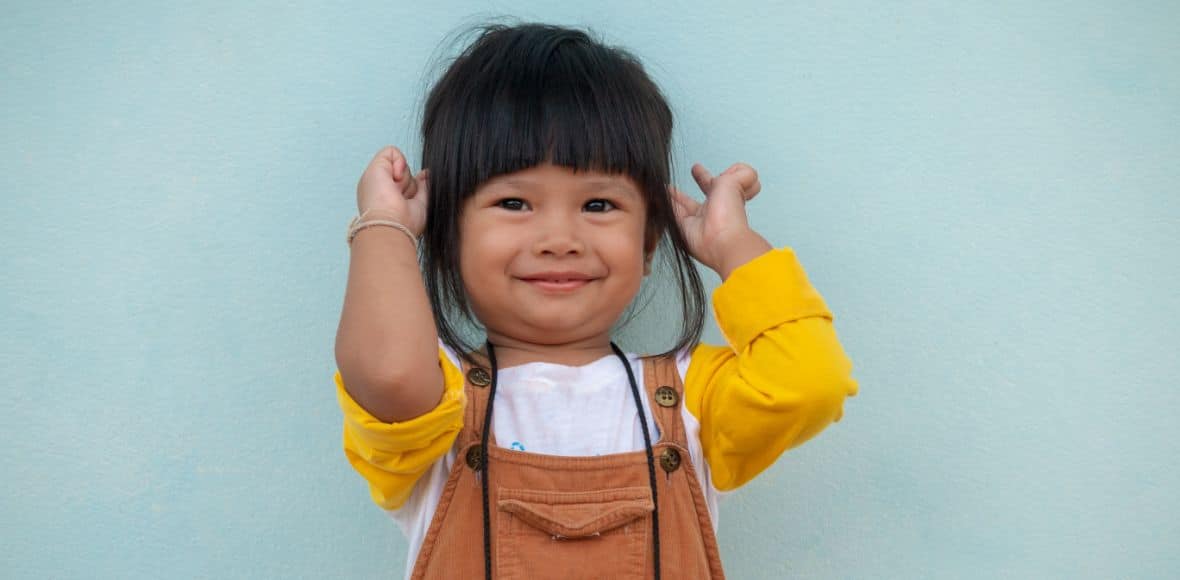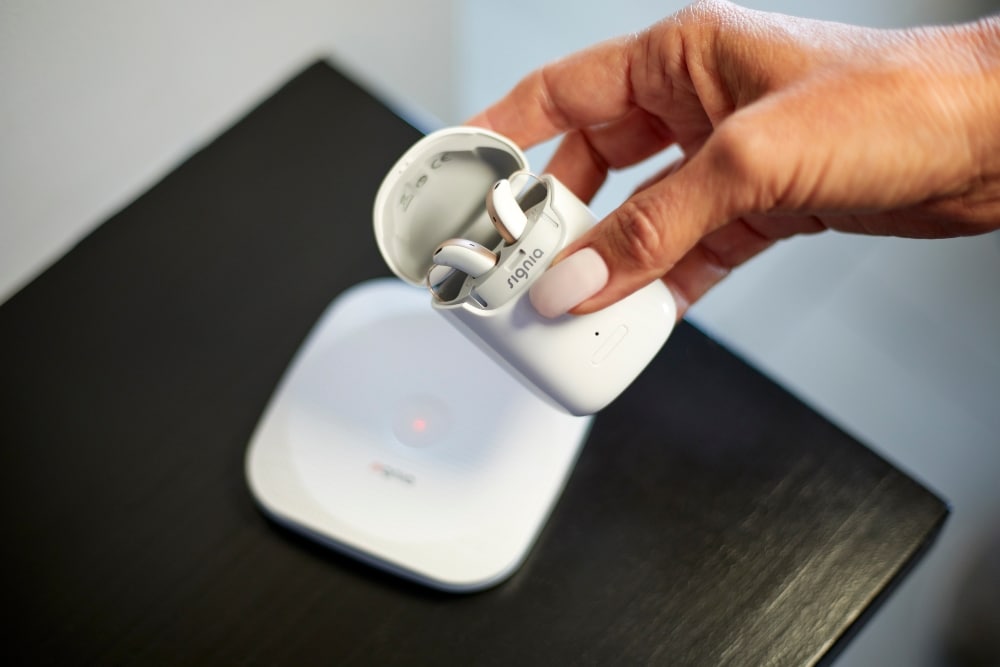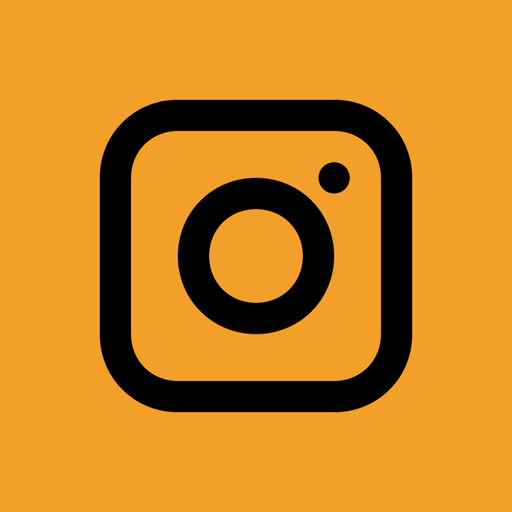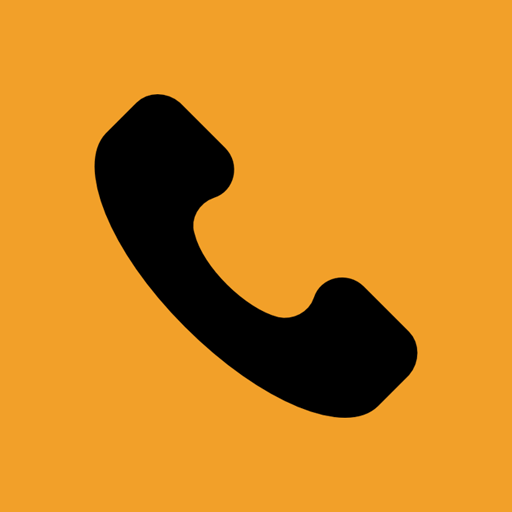One of the most critical parts of a child’s social, emotional, and cognitive growth involves their sense of hearing. Being able to hear properly hugely influences a newborn’s growth, impacting their future learning abilities and social interactions. Imagine a newborn unable to hear the soothing lullabies that help them drift off to sleep, the comforting words of their parents, or the gentle hums of their environment. These auditory experiences are essential for a full, enriching start to life.
The condition of hearing loss doesn’t have to be severe to greatly affect a child’s growth. Just a small difference is enough to cause one to miss out on a lot of things. This is why it is important to act right away, even when they are a few weeks or months old. The first step to finding the right tools and support for your child is to have them undergo newborn hearing tests in the Philippines.
What Causes Hearing Loss in Newborns?
To identify concerning signs of hearing loss, it’s crucial to first recognize any factors that may contribute to a higher risk of hearing loss, including:
- Family History of Hearing Loss: Genetic factors play a significant role, with a family history of hearing loss indicating a higher risk for the newborn.
- Infections Passed from Mother to Baby: Certain infections transmitted from the mother during pregnancy, such as cytomegalovirus (CMV) or rubella, can affect the baby’s auditory system, leading to hearing loss.
- Hearing Loss-Inducing Medications: Exposure to ototoxic medications during or after birth can damage the inner ear, leading to hearing loss
- Birth Injuries: Complications or injuries during birth can impact a newborn’s hearing capabilities. This includes trauma or lack of oxygen (anoxia).
- Premature Birth: Being born prematurely can lead to a range of health issues, including an increased risk of hearing loss, as the auditory system may not be fully developed.
- Low Birth Weight: Newborns with a birth weight under 2.5 kilograms (5.5 pounds) have a higher likelihood of developing hearing loss, often related to their premature or complicated birth conditions.
- High Bilirubin Levels: A condition known as jaundice, characterized by high levels of bilirubin in the blood, can lead to a type of brain damage known as kernicterus, which in turn can cause hearing loss.
- Infections Post-Birth: Newborns can also be susceptible to infections like meningitis after birth, which can severely affect their hearing.
What Should I Look Out For?
Detecting hearing loss in newborns is crucial as early diagnosis allows for timely intervention. Monitoring your newborn for signs of hearing loss is crucial since the window for the most effective intervention is narrow.
Infants who have healthy hearing show the following signs:
- Lack of startle response to sudden loud noises
- No recognition of parents’ voices by three months
- Failure to respond to sounds by six months
As they grow into toddlers, you need to keep an eye out for the following:
- Limited, poor, or absent speech
- Inattentiveness
- Increasing the TV volume
- Failure to respond to speech or give an appropriate response
What is a Newborn Hearing Test?
The newborn hearing test is a standard health examination provided shortly after your baby’s birth. By identifying and obtaining a timely diagnosis of congenital hearing loss through such screenings, you are able to start early intervention and implement strategies to manage your newborn’s hearing loss, which would enhance your infant’s speech, language and cognitive development effectively.
Newborn Hearing Test Prices in the Philippines
The prices of the newborn hearing test may vary, depending on where you will have your child screened or what type of test they will undergo. Typically, in the Philippines, hearing tests can have a price range of ₱650.00 to ₱5,000. To identify the exact cost of such hearing evaluations, we advise you to explore the various options for newborn screening by talking to your chosen provider.
What Tests Can My Newborn Child Undergo?
There are two types of newborn hearing tests for infants available in the Philippines. Both of them are painless and quick, and can even be done while the baby is sleeping.
1. Otoacoustic Emission Test (OEA)
This hearing test uses a tiny plug that is placed in the newborn baby’s ear. This plug has a microphone that records emissions of the normal ear as a reaction to the sounds. If there are no emissions, this shows that the baby is suffering from hearing loss.
2. Auditory Brainstem Response (ABR)
This hearing test uses wires that are attached to the newborn baby’s scalp. As the baby is sleeping, clicking sounds are made through tiny earphones in the baby’s ears. What will be measured is the brain’s response to the sounds. This, like OEA, is very painless and will take only a few minutes.
Our Newborn Hearing Test Specialists
Our newborn hearing care specialists boast years of local and international experience. To further enhance their expertise, they engage in ongoing training programs, including customer service, product knowledge, and upselling techniques, spanning Asian and European contexts.
The team at Active Hearing Center is committed to providing the best quality care for the little ones.
Why Is It Important for Newborn Babies to Undergo a Hearing Test?
Here are a few reasons why you should consider having your infant undergo a newborn hearing test:
1. Symptoms of Hearing Impairment in Infants Are Not Visible
Hearing disorders don’t have overt symptoms and can only be detected through certain tests.
2. Hearing Is Essential for A Child to be Able to Talk
The first three years of your newborn’s life are crucial for acquiring speech and language skills, with babies typically learning to speak by imitating the sounds they hear. If this auditory feedback is absent, it will significantly impact their speech and language development, potentially delaying or altering the natural course of acquiring these essential communication skills.
3. Overall Development Can be Affected by Mild Hearing Loss
Hearing loss affects more than just speech and language development; it also has significant implications for academic achievement, social interactions, and emotional well-being, highlighting the importance of addressing even mild hearing issues for comprehensive developmental support.
Did You Know?
Under the Republic Act 9709, also known as the Universal Newborn Hearing Screening and Intervention Act of 2009, all Filipino newborns are required to undergo a pediatric hearing test. This legislation requires that the screening be completed before the infant is discharged from the hospital. For babies born outside of hospital settings, the law stipulates that they must receive their hearing screening within their first three months.
Hearing loss is a well-understood condition among scientists and doctors, who have developed solutions such as the use of hearing aids. While that may be so, don’t delay seeking help as worsening hearing loss can lead to developmental complications. Again, early detection is better.
Frequently Asked Questions About Newborn Hearing Tests in the Philippines
Is Newborn Hearing Screening Necessary?
A hearing screening screening differs from a hearing evaluation in that it serves as an initial, quick check to identify those who might have hearing issues, and therefore need a thorough, detailed examination through an evaluation.
While a hearing screening is not necessarily compulsory, in accordance to the Republic Act 9709, your newborn must undergo hearing test. Whether you opt for a newborn hearing screening or pediatric hearing evaluation, it is crucial to ensure early detection and intervention for any potential hearing issues to support your infant’s optimal development and well-being.
When Is Newborn Hearing Screening Typically Conducted?
Where Is Newborn Hearing Screening Available?
Newborn hearing screening is offered in both private and public hospitals, as well as health centers across the Philippines. Specialized hearing healthcare centers, such as Active Hearing Center, provide hearing tests and consultations for individuals of all ages, from newborns to adults.
Beyond conducting screenings, these dedicated centers also equip parents with essential resources and advice to help support children with hearing impairments, ensuring they have the support needed to navigate and overcome challenges related to their hearing condition.








